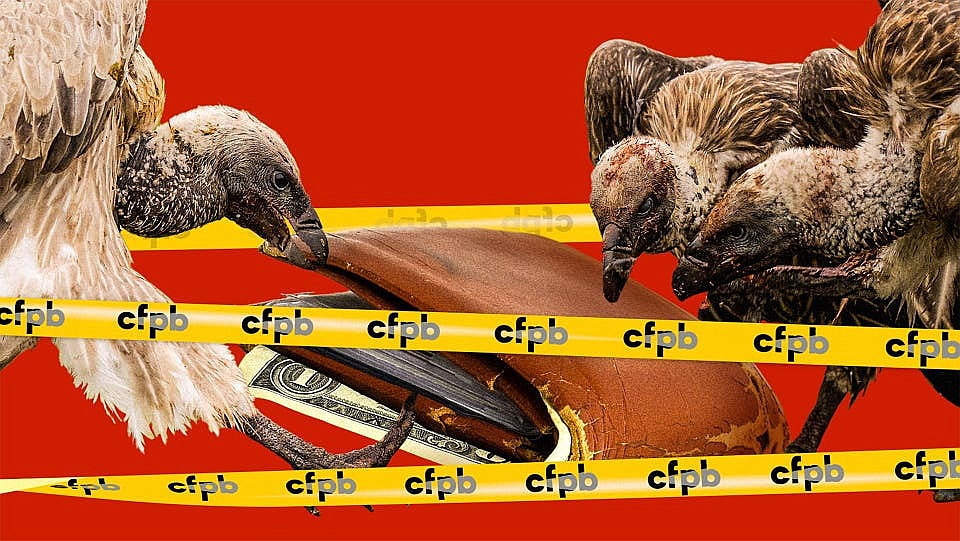Trump’s Gutting Of The Consumer Financial Protection Bureau Is Leaving The Public Vulnerable To Abuses
In a significant shift in the regulatory landscape, the dismantling of a key financial watchdog designed to safeguard consumer interests is currently underway. This move raises concerns about the potential implications for various sectors, including auto lending, digital payments, credit cards, and credit reporting. The agency, which was established to ensure fair practices and protect consumers from predatory lending and unfair financial practices, is now facing substantial cuts and a re-evaluation of its authority. Critics argue that this dismantling could lead to a resurgence of exploitative practices in the financial industry, ultimately harming the very consumers it was meant to protect.
The effects of this regulatory rollback are expected to be far-reaching. For instance, in the auto lending sector, the absence of stringent oversight could allow lenders to impose higher interest rates and fees, disproportionately affecting low-income consumers who may already be struggling to secure affordable financing. Similarly, in the realm of digital payments, the lack of regulatory scrutiny could lead to increased risks of fraud and data breaches, as companies may prioritize profits over consumer security. The credit card industry, too, could see a rise in hidden fees and misleading marketing practices without the watchdog’s oversight. Moreover, the dismantling of consumer protections in credit reporting could result in inaccuracies and unfair treatment of consumers, making it harder for them to secure loans or favorable interest rates.
This dismantling comes amid a broader debate about the role of government in regulating the financial sector. Proponents of deregulation argue that reducing oversight can foster innovation and competition, potentially leading to lower costs for consumers. However, history has shown that lack of regulation can lead to financial crises, as seen in the 2008 financial meltdown, which was partly attributed to insufficient oversight of lending practices. As this dismantling unfolds, stakeholders from consumer advocacy groups to financial institutions are closely watching how these changes will impact the financial landscape and the everyday lives of consumers. The outcome of this regulatory shift could redefine the balance between consumer protection and market freedom, making it a critical issue for policymakers and citizens alike.
Related articles:
– Link 1
– Link 2
A massive dismantling of the financial regulator created to protect consumers is underway, affecting everything from auto lending and digital payments to credit cards and credit reports.
Eric
Eric is a seasoned journalist covering Business news.



